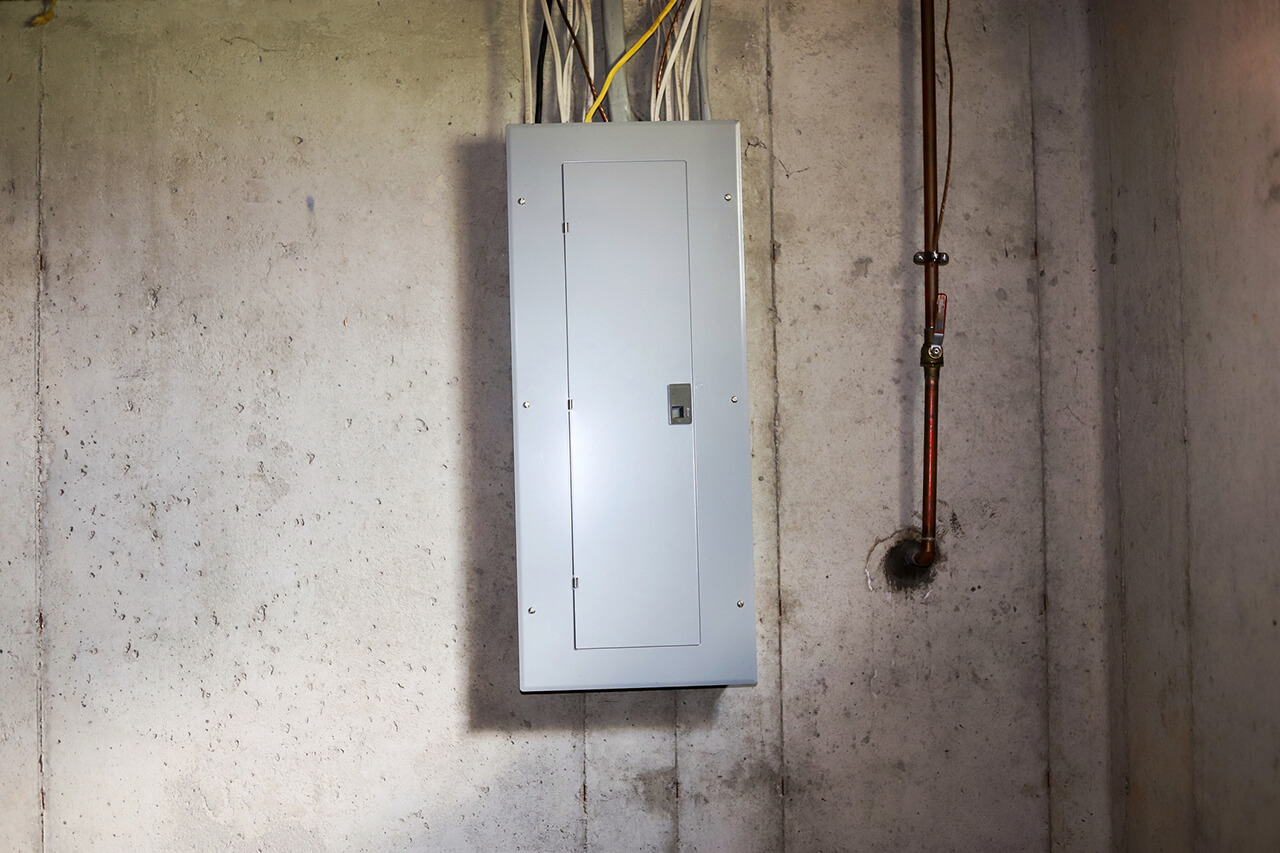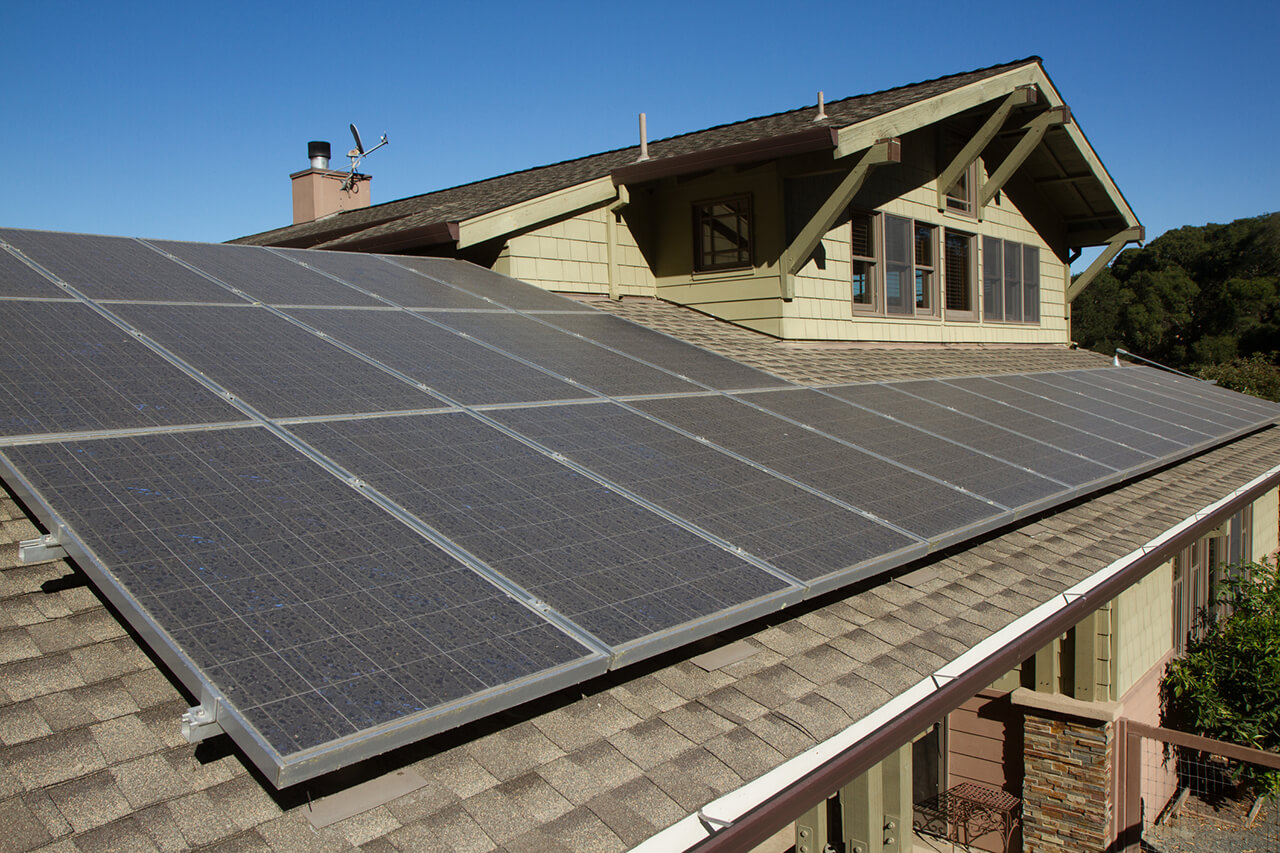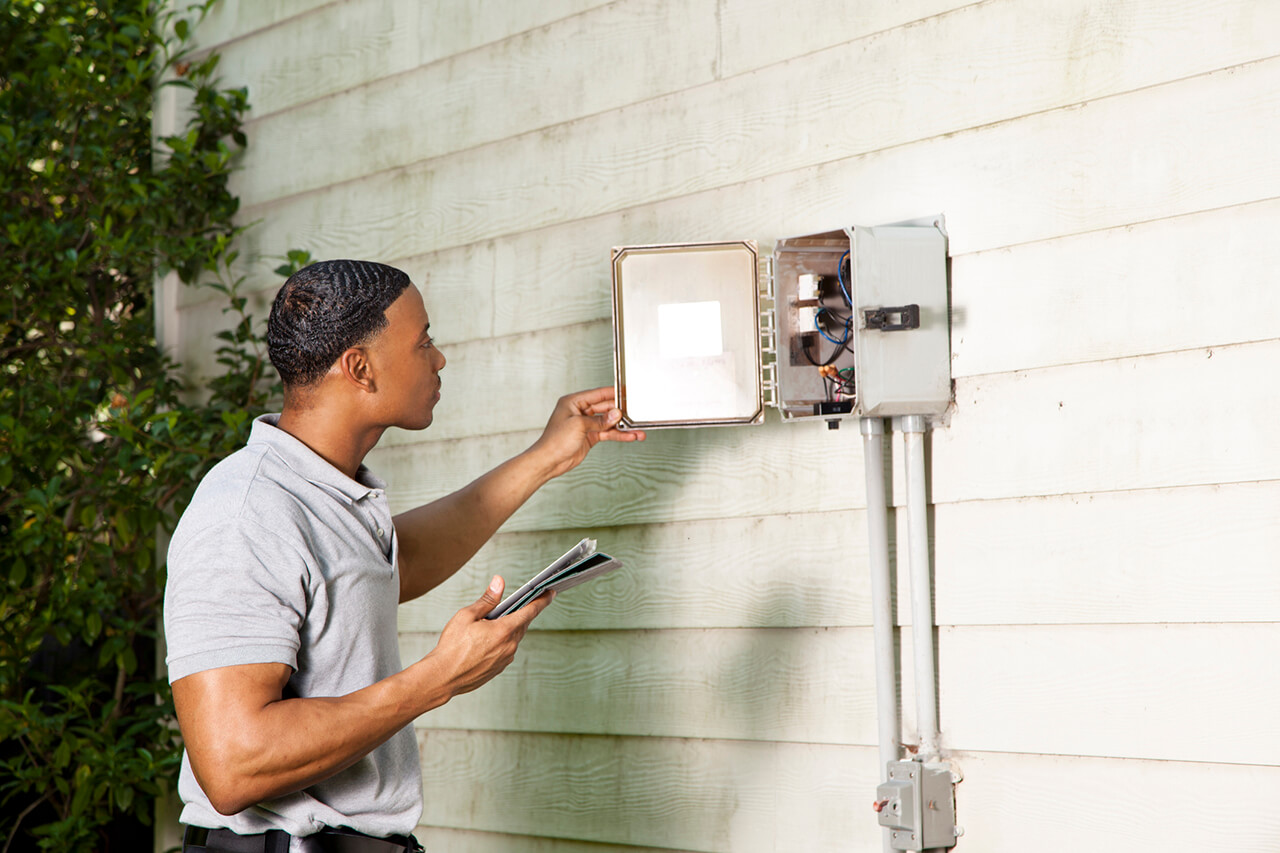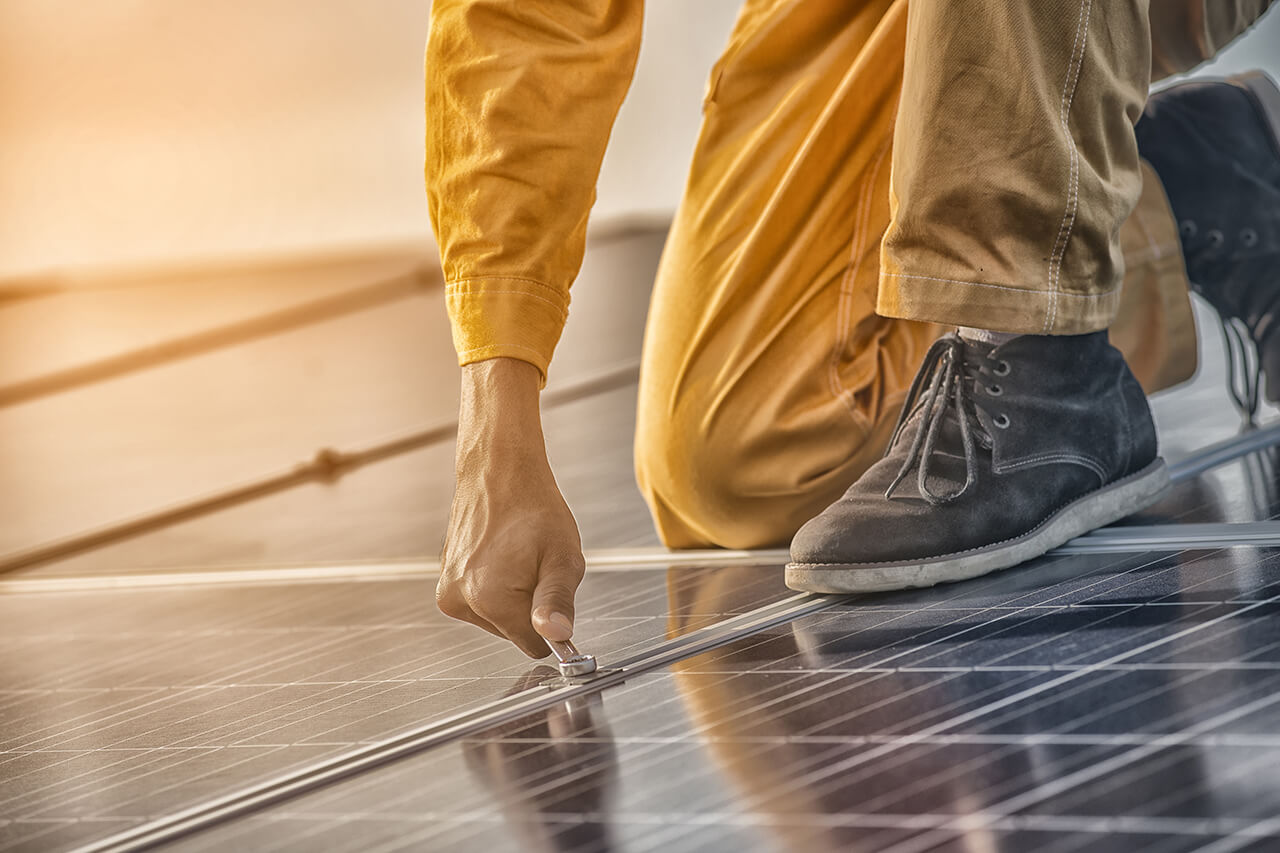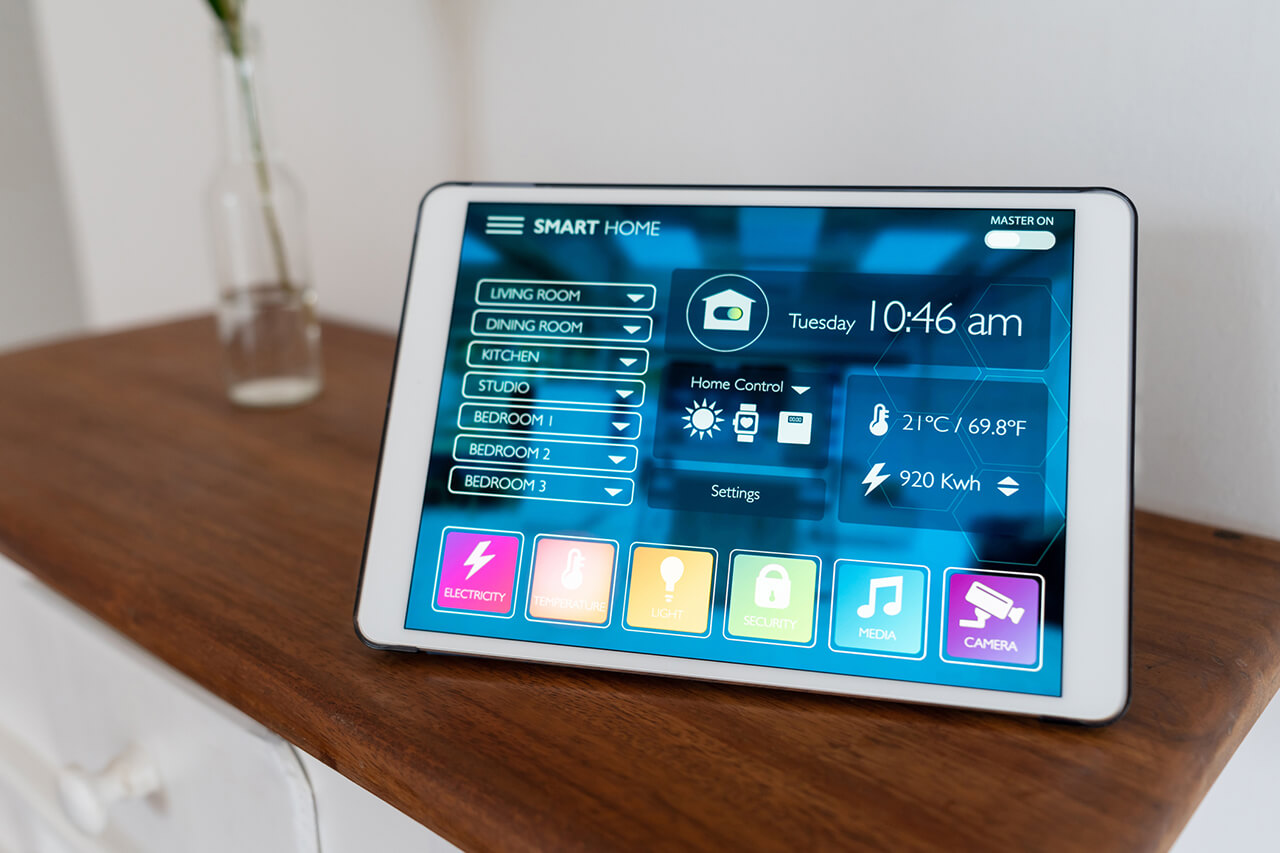Energy efficiency is an ongoing job for any homeowner, and there are many parts of your home that can be changed to increase energy efficiency. There are also larger, more expensive and all-encompassing home improvements like switching to solar heat, heating your home with a wood-burning stove or using radiant floor heating instead of electric or baseboard heat. The beauty is that, no matter what you spend in the short-term, your costs are offset or completely recouped in the long-term in the reduction of your monthly energy bills.
Air Leaks
You know when your heater is blasting warm air, but the room never seems to get any warmer? This is most likely a result of air leaks.The biggest culprit in energy inefficiency is almost always air leaks. If your home is not adequately sealed, your heating and cooling system will never work correctly, since real indoor temperature can never be accurately gauged. This will overtax your heating system in the winter and cooling system in the summer.A home energy auditor will conduct an air leak test to see where the biggest offenders. More than likely the air leaks are around windows and doors without adequate seals or openings made in your walls to install the heating and cooling system. These are a good place to start increasing your energy efficiency.Adding additional weather stripping or caulking in obvious gaps is a simple and inexpensive way to fix air leaks. If you prefer a more permanent solution and have more money to spend, you can invest in higher-end, double-paned, or storm windows and doors. Although expensive, it has numerous benefits. Your heating and cooling systems will work better, lower energy bills, and a resale value increase.
Lighting Options
Energy-efficient lighting can be installed in your home, which decreases the amount of electric needed while still putting off a bright shine in your home. The Department of Energy recommends that you use Energy Star-qualified fluorescent light bulbs (CDLs) or emitting diodes (LEDs) to decrease your electricity use. Fluorescent light bulbs are the most cost-effective, using 75 percent less energy and radiating 75 percent heat. They also last up to 10 times longer than a regular bulb and come in many different sizes and shapes to fit any home light fixture. When you finish using a bulb, you can often recycle it. LEDs are more expensive but also more efficient, using 75 percent less energy and shining no heat in a room. They last up to 25 times longer than regular bulbs and four times longer than fluorescent bulbs. Both come in a variety of colors, denoted by their K-value. If their K-value is high, then the colors will be more blue-tinted and if lower, then they'll be more yellowish.
Efficient Appliances
Most modern appliances have energy ratings assessing their energy efficiency in both power and water usage. Appliances with better energy ratings may cost more but are often a good investment. Look for the Energy Star symbol on products to ensure that you're getting the best efficient appliance.
Proper Insulation
Adding more insulation or improving the quality of the insulation you already have is a great way to increase energy efficiency in your home. If you are building a new home, the most effective type of insulation is being used. If upgrading the insulation in an existing home, a great place to begin is the attic area. Attics are often where a great deal of heat is being lost, so upgrading the attic insulation can often make a huge difference in your energy bills, especially in the colder seasons.
Solar Panels
Solar panels might be a smart investment if you live in the right geographical area. Solar panels can be installed on your roof or on a standing structure connected by wires to your home. While this is an expensive investment, the returns are worthwhile. The federal government can provide you with a tax credit, and some states have their own financial incentives for installing solar panels. Homeowners have seen up to a 50 percent decrease in their electricity immediately. Learn more about whether solar panels would work in your area.
